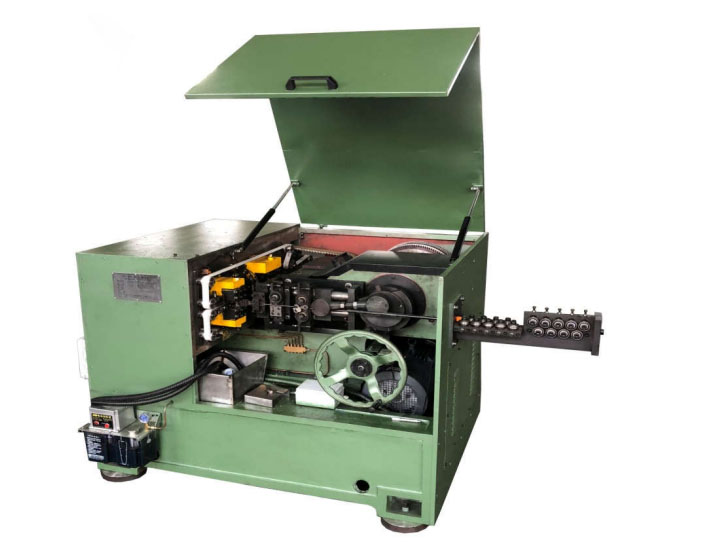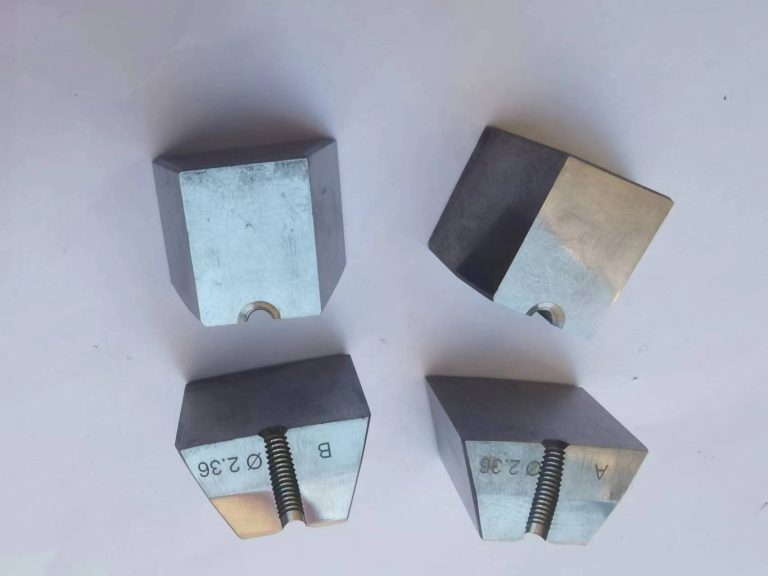How To Prevent And Treat Nail Making Machine Infections
Nail making machine is a common fungal infection that affects the nails. It can be unsightly and uncomfortable, causing the nails to become discolored, thickened, and brittle. If left untreated, nail making machine can spread to other nails and even cause pain and discomfort. Fortunately, there are steps you can take to prevent and treat nail mould infections.

Prevention is key when it comes to nail mould. One of the best ways to prevent nail mould is to keep your nails clean and dry. Fungi thrive in warm, moist environments, so it’s important to keep your nails clean and dry to prevent them from becoming a breeding ground for mould. Be sure to wash your hands and feet regularly, and dry them thoroughly after washing. Avoid wearing tight-fitting shoes and socks, as these can trap moisture and create the perfect environment for fungi to grow.
Another important step in preventing Nail Dye is to avoid sharing nail clippers, files, or other nail care tools with others. Fungal infections can easily spread from person to person through shared tools, so it’s important to keep your nail care items separate from others. If you do visit a nail salon, make sure that the tools they use are properly sterilized to prevent the spread of infection.
In addition to keeping your nails clean and dry, there are also some natural remedies that can help prevent nail mould. Tea tree oil, for example, has antifungal properties that can help keep nail mould at bay. Simply apply a few drops of tea tree oil to the affected nails daily to help prevent and treat nail mould infections. Other natural remedies, such as apple cider vinegar and coconut oil, may also be effective in preventing nail mould.
If you do develop a nail dye infection, there are several treatment options available. Over-the-counter antifungal creams and ointments can be effective in treating mild cases of nail mould. These products are typically applied directly to the affected nails and can help to kill the fungus and promote healthy nail growth. In more severe cases, your doctor may prescribe oral antifungal medications to help clear up the infection.

In addition to using antifungal treatments, it’s important to practice good nail hygiene to help treat nail mould infections. Keep your nails clean and dry, and avoid wearing nail polish or artificial nails, as these can trap moisture and make the infection worse. Trim your nails regularly and avoid cutting them too short, as this can create small cuts and openings for fungi to enter.
In some cases, nail dye infections may be stubborn and difficult to treat. If you’ve tried over-the-counter treatments and home remedies without success, it may be time to see a dermatologist. A dermatologist can provide a more aggressive treatment plan, such as prescription-strength antifungal medications or laser therapy, to help clear up the infection.
Overall, nail making machine infections can be unsightly and uncomfortable, but with proper prevention and treatment, they can be effectively managed. By keeping your nails clean and dry, avoiding sharing nail care tools, and using natural remedies and antifungal treatments, you can help prevent and treat nail mould infections. If you do develop a nail mould infection, don’t hesitate to seek help from a dermatologist to get the treatment you need. With the right care and attention, you can keep your nails healthy and free from mould.






